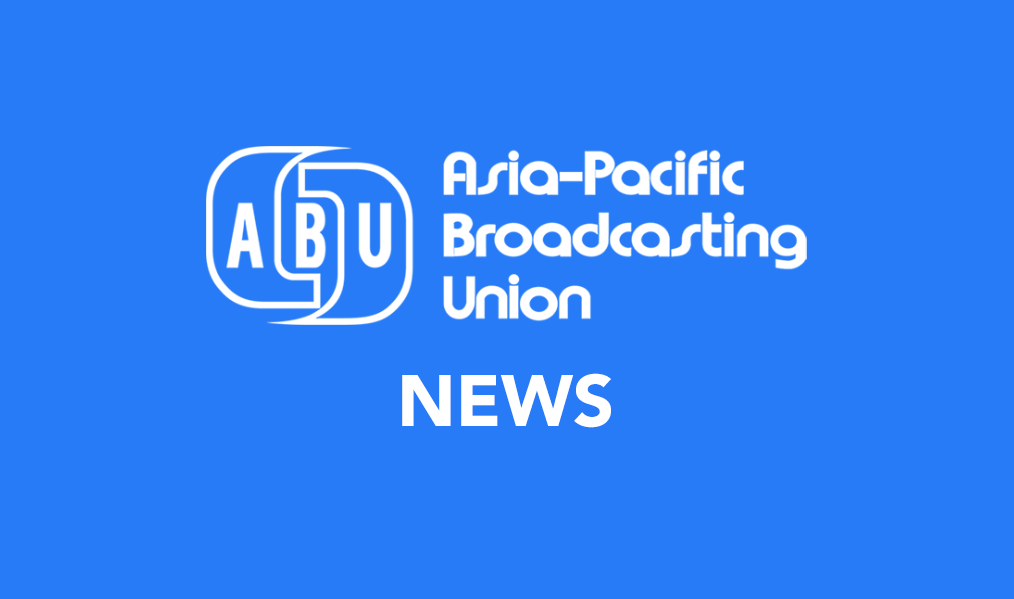
WARC-79 – 30 years and still significant!
Thirty years ago – 147 delegations of the ITU Member States deliberated for ten weeks (24 September to 6 December 1979) under the chairmanship of Roberto Severini (Argentina) at the CICG Center in Geneva.
It was WARC-79 – an intergovernmental conference which decisions have the force of an international treaty and still enjoys a decisive influence on the development of all types of radiocommunications and broadcasting right into the 21st century.
The conference was the first in 20 years to examine and completely modified the main document of the radio sector : The Radio Regulations (RR) in order to meet new challenges of rapidly changing radio technology and to provide a better sharing of spectrum and orbit resources among the developed and developing countries.
Starting with the full structural rearrangements of the RR the conference substantially modified the table of frequency allocations and the associated procedures designed to facilitate the application of these modifications.
It worked out new approaches to facilitate access to the spectrum by the developing countries, and decided to convene conferences for planning space services and short wave broadcasting services. In parallel to that the conference agreed on the expansion of the shortwave spectrum allocated for broadcasting and adopted major changes in the frequency allocations for the space services.
It is already 30 years after WARC-79 reviewed the entire ITU Radio Regulations that came into force on 1 January 1982, but some agreements are still applicable to this day. We can name: Agreements that regulate the world´s radio spectrum and satellite industry. Agreements that set the standards that improve operation through cooperation. Agreements that work hard to bridge the digital divide. Agreements that enable ITU to be committed to connecting the world.
Some WARC-79 statistics:
- Structure: about 120 working groups
- No of delegates: 2000 from 147 Member States
- No. of proposals: 15000 (of which 12000 concerned with frequency allocation)

